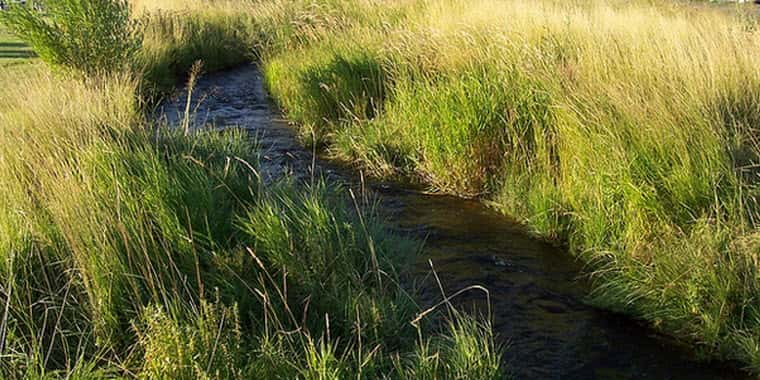Fifteen Republican members of the U.S. House of Representatives have renewed calls for EPA and the U.S. Army Corps of Engineers to delay any new rulemaking on waters of the U.S., asking the heads of the agencies this week to allow the Supreme Court to issue a ruling in an upcoming Clean Water Act case.
In a letter to EPA Administrator Michael Regan and Michael L. Connor, assistant secretary of the Army for Civil Works, the members of the Water Resources and Environment subcommittee also pointed to a recent Supreme Court decision that now limits the EPA’s authority to regulate greenhouse gas emissions, as a reason to allow Congress to redefine WOTUS.
“As ranking members of several House committees, including those overseeing your agencies, we intend to exercise our robust investigative and legislative authority to not only forcefully reassert our Article I responsibilities, but to ensure the Biden administration does not continue to exceed Congressional authorizations,” the letter said.
The House members have asked the agencies to provide to the subcommittee by Oct. 4, a list of expected and pending WOTUS rulemakings from the agencies.
EXECUTIVE ORDERS
“Although Article I, Section 1 of the United States Constitution vests ‘all legislative powers’ in Congress,” the letter said, “the Biden administration has largely relied on executive action to advance its radical agenda. For example, in his first year, President Biden issued more executive orders and approved more major rules than any recent president. We are concerned that such reliance on the administrative state undermines our system of government.”
However, the Trump administration’s Navigable Water Protection rule also came about as the result of an executive order. The 2017 order, as part of Trump’s efforts to cut federal regulations, led to the rescission of the 2015 WOTUS rule.
So far in 2022, the agencies have proposed and finalized just one WOTUS rule — returning to the pre-2015 WOTUS definitions ahead of an eventual rewrite.
Although EPA Agriculture Advisor Rod Snyder said in April the agency was working toward proposing a new WOTUS definition yet this year, that has not yet happened.
UPCOMING SUPREME COURT ARGUMENTS
The Supreme Court is hearing oral arguments on Oct. 4, in Michael Sackett v EPA. That case could determine to what degree the agencies would be allowed to regulate wetlands.
“In March, over 200 members of the House of Representatives wrote to the agencies urging a halt on all current rulemaking actions surrounding the WOTUS definition as the Supreme Court takes up this landmark case,” the letter from the 15 House members said.
“We reiterate that request, and now further stress that the agencies must consider the decision of West Virginia v. EPA prior to issuing a rulemaking that would clearly surpass the agencies’ congressional authority to define WOTUS.”
On June 30, 2022, the Supreme Court ruled in West Virginia v EPA, that the agency lacks authority to regulate greenhouse gas emissions without Congress clearly spelling out that authority. The ruling could lead to greater legal scrutiny of regulations from federal agencies, including those affecting agriculture.
SACKETT CASE
In the Sackett case, the Supreme Court will consider a very narrow question regarding the reach of the Clean Water Act: Whether the U.S. Court of Appeals for the Ninth Circuit in San Francisco used the proper legal test for determining whether wetlands are waters of the U.S.
In particular, the Sacketts have asked the Supreme Court to consider whether the so-called “significant nexus” test is the right method used when it comes to wetlands.
In an opening brief filed on April 11, 2022, Michael and Chantell Sackett said their 0.63-acre tract of land in Priest Lake, Idaho, never has contained wetlands and that the significant nexus test used by EPA and U.S. Army Corps of Engineers is the reason why the couple has been unable to develop the land.
Significant nexus is established if there is a connection to a downstream waters of the U.S. and if an area in question has an effect on the chemical, physical, or biological integrity of traditional navigable water.
The Sacketts outline in their brief what they said should be a two-step process to determine whether wetlands are jurisdictional.
###
DTN


